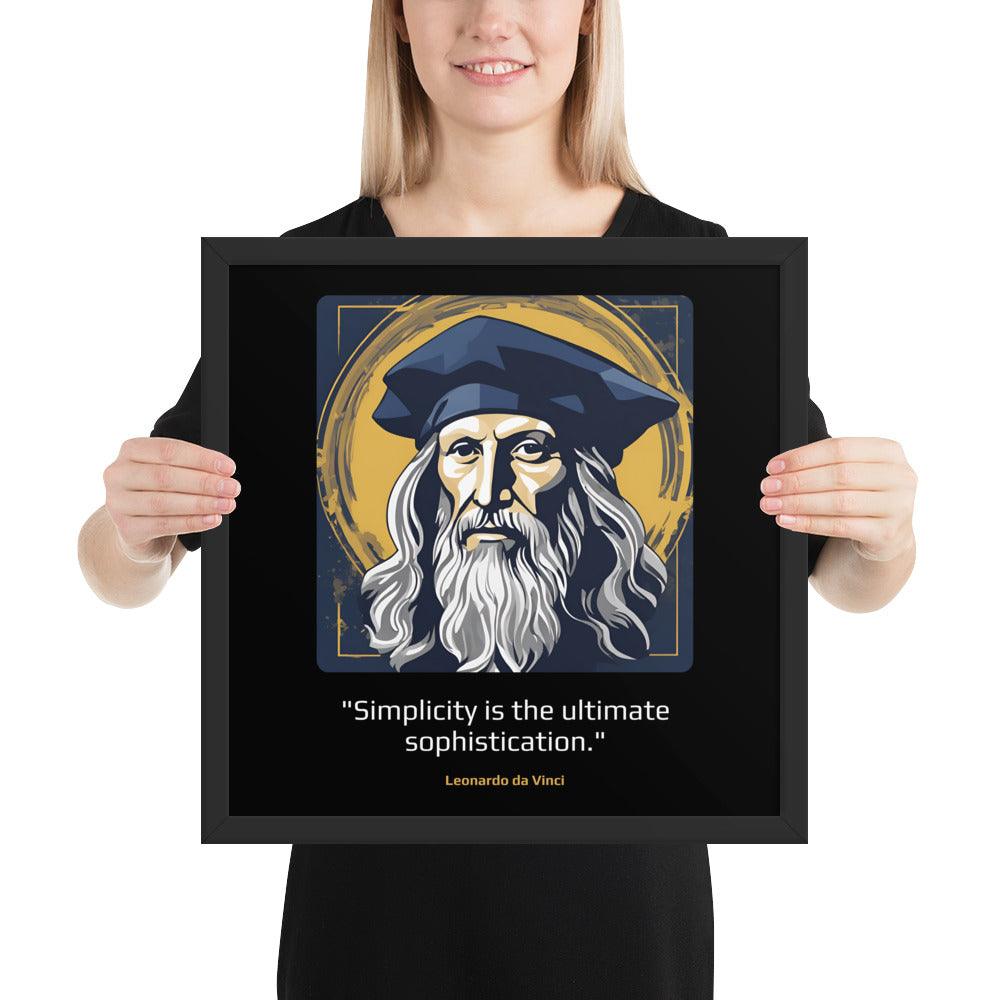Mahatma Ghandi
1869-1948
Mohandas Karamchand Gandhi, commonly known as Mahatma Gandhi, was an Indian lawyer, anti-colonial nationalist, and political ethicist who employed nonviolent resistance to lead the successful campaign for India’s independence from British rule. His philosophy of nonviolence and commitment to social justice have inspired movements for civil rights and freedom across the world.
Beginnings
Gandhi was born on October 2, 1869, in Porbandar, India. He was raised in a Hindu family and was deeply influenced by the principles of nonviolence and truth taught by his mother. Gandhi studied law in London and later worked in South Africa, where he first employed nonviolent civil disobedience as a tool for social change. Reflecting on his early influences, Gandhi once said, "The best way to find yourself is to lose yourself in the service of others," highlighting his commitment to selflessness and service.
Prime Years
Gandhi’s prime years were defined by his leadership in the Indian independence movement. He returned to India in 1915 and became a leading figure in the Indian National Congress. His philosophy of Satyagraha, or nonviolent resistance, became the cornerstone of his activism. Gandhi led numerous campaigns against British rule, including the famous Salt March in 1930, which was a direct action against the British salt tax. His strategy of nonviolent protest and his ability to mobilize masses were instrumental in challenging British authority.
A defining moment of his leadership was the Quit India Movement in 1942, where Gandhi called for immediate independence. Despite being imprisoned several times, his unwavering commitment to nonviolence remained firm. He famously said, "You must be the change you wish to see in the world," urging individuals to take personal responsibility for social change.
Legacy
Gandhi was assassinated on January 30, 1948, but his legacy continues to resonate globally. He is remembered as the Father of the Nation in India and a symbol of peace and nonviolence worldwide. His principles influenced many leaders, including Martin Luther King Jr. and Nelson Mandela, in their struggles for civil rights and justice.
Gandhi’s teachings emphasize the power of nonviolence, the importance of truth, and the need for personal integrity. His quote, "Live as if you were to die tomorrow. Learn as if you were to live forever," encapsulates his philosophy of continuous learning and living life with urgency and purpose. Gandhi’s life and work continue to inspire movements for social justice and civil rights, making his legacy enduring and universal.
Leadership quotes by Mahatma Ghandi

Who Said It
Mahatma Ghandi
(1869-1948)
Mohandas Karamchand Gandhi, commonly known as Mahatma Gandhi, was an Indian lawyer, anti-colonial nationalist, and political ethicist who employed nonviolent resistance to lead the successful campaign for India’s independence from British rule. His philosophy of nonviolence and commitment to social justice have inspired movements for civil rights and freedom across the world.











































